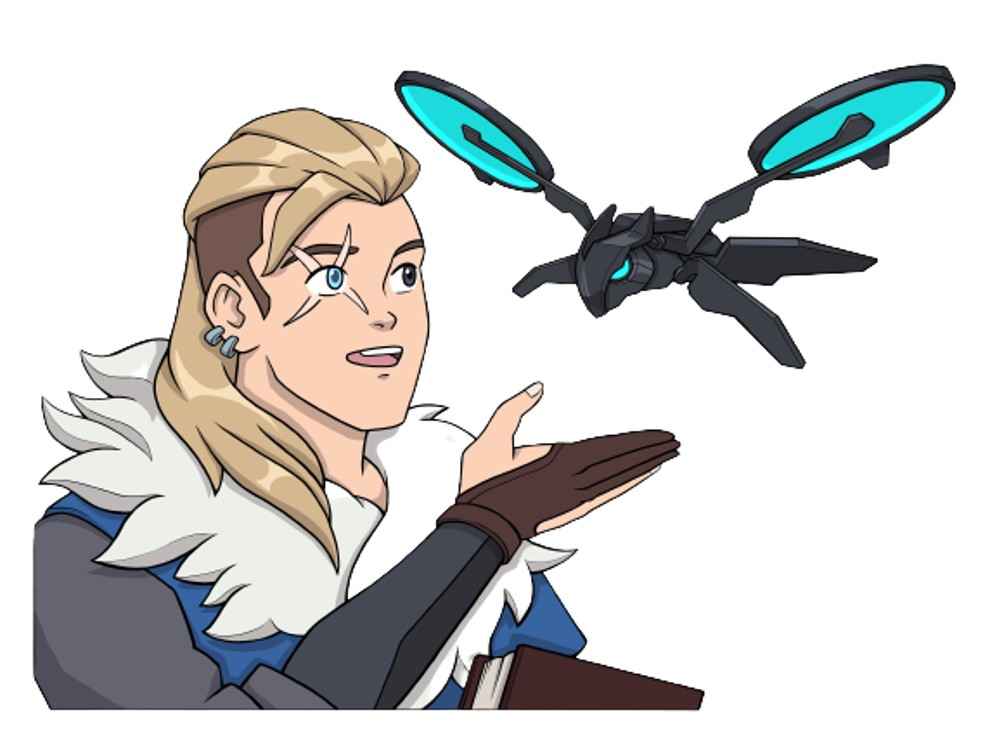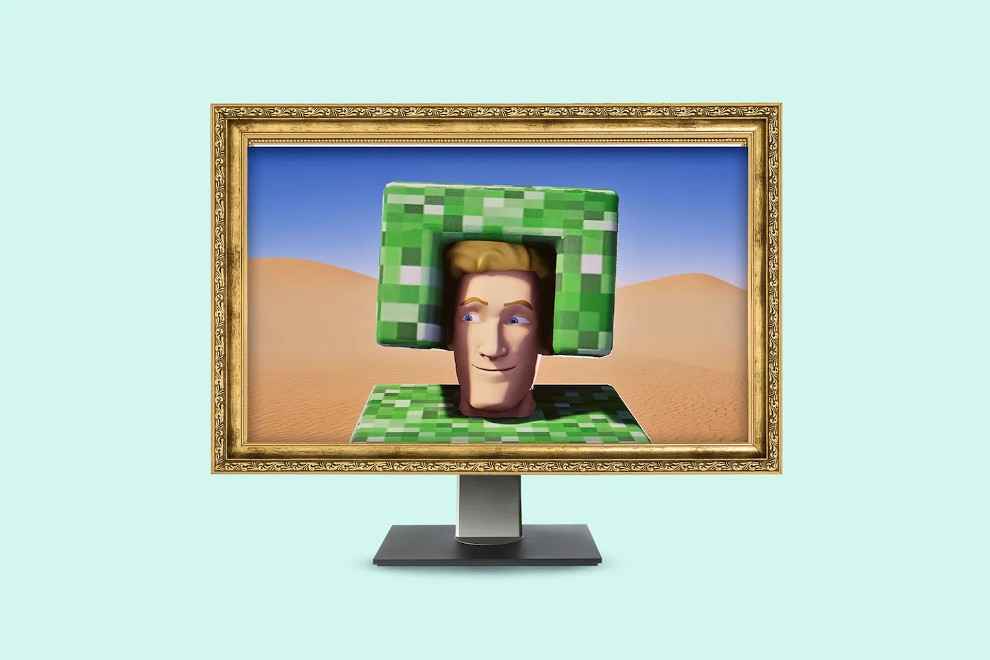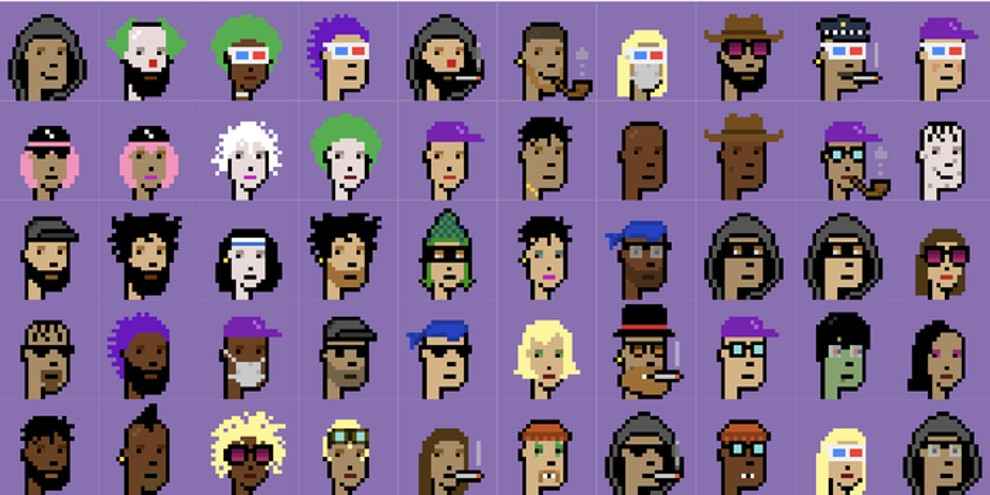Applications of NFTs in the gaming industry
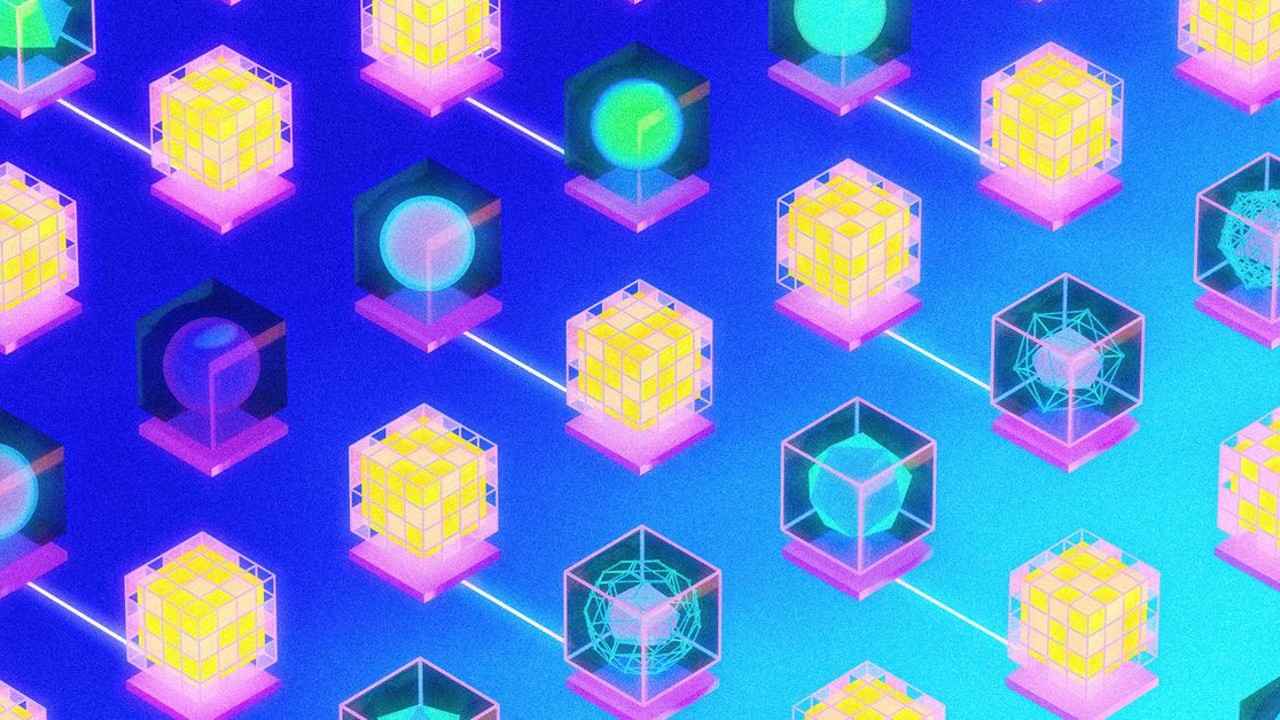
NFTs, or Non-fungible tokens, are now sweeping over the world of digital art and collectibles.
In this article, we look at how NFTs could be applied in the gaming industry.
NFTs, or Non-fungible tokens, are now sweeping over the world of digital art and collectibles. Massive sales to a crypto-audience are changing the life of digital artists. However, digital art is simply one use of this new form of digital authentication. These tokens, when implemented right, have the capability to change the way the gaming industry functions potentially. The industry is still structured to favour game producers and promote a one-way flow of value in which players pay money to get access to in-game content and gameplay options. NFTs could power the framework to authorise and store digital assets that reflect in-game content. The blockchain networks that support this allow player ownership, proven scarcity, interoperability, and immutability. These benefits, when combined, have the potential to promote widespread adoption and a significantly fair value model, creating fresh revenue streams for gamers and game developers alike.
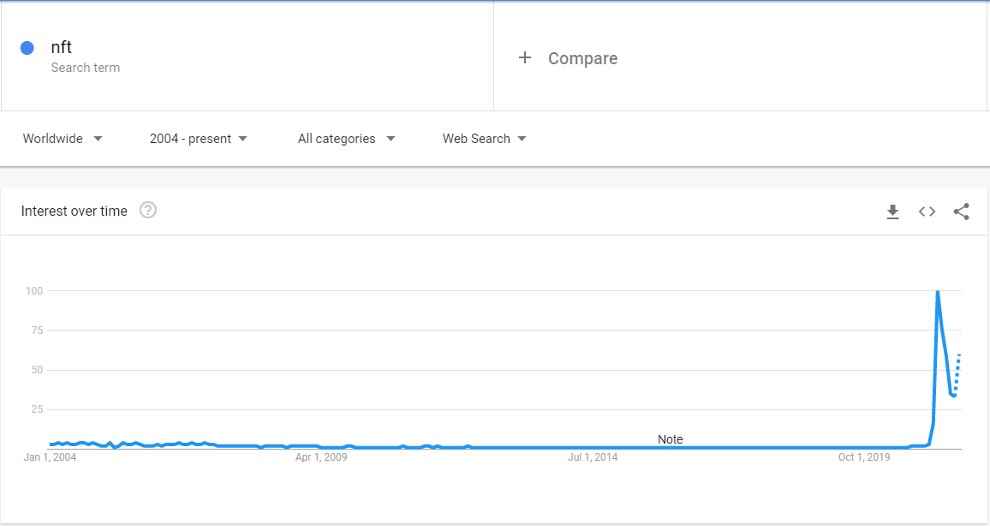
Wait who was googling NFTs in 2004?
Decentralized economies owned by players
There are a slew of reasons why NFTs and video games are a combination made in heaven.
A digitally verifiable token enables the players to “truly own” what they buy. The traditional model of online game economies limits the use cases of items purchased in-game. Hence, it limits the longevity of the in-game items purchased due to their limited use cases. All of a gamer's money would vanish if their account were stolen, deactivated, or if the player just became bored and went on to another game. This approach has persisted because there was no viable alternative until blockchain tech arrived in this form, and revolutionised the industry.
Players may genuinely own and manage what they buy, acquire, or make by creating in-game goods, which can be translated to NFTs. It's about more than simply proving your character's accessory is irreplaceable. Consequently, they may be treated as a commodity, and these goods may be purchased and sold on secondary marketplaces, transferred across games. This leads to the players retaining the value they invested in them in the first place.
Empowering Digital artists and engage community interaction
Skins have become digital art for video games. NFTs might allow digital artists who wish to sell such creations. They offer the critical component of scarcity to help artists establish financial value for their work. Scarcity is one of the reasons card collectors spend millions of dollars for a piece of cardboard or why sneakerheads swoon over limited-edition releases.
It encourages fans of the game to involve themselves and make a special edition of in-game merchandise that may even give birth to a new generation of digital artists. It would also increase the engagement amongst the members of the community with in-game merch featuring meta-jokes, memes and pop culture. The ability to contribute to the game would give the players a sense of connection to a community.
Riot approves. (They made this :3)
New avenues for engagement with influencers
Subscribers and paid memberships from their followers are significant sources of revenue for streamers. Fans typically pay $5 a month, while streamers make $2.50 per month on average per subscriber. As a result, streaming is a high-intensity job with the necessity of hundreds of subscribers to keep a roof over their heads, making it an unlikely choice for a full-time job.
NFTs can assist bridge the gap between streamers and their dream of living sustainable lives with financial security. Streamers can mint NFTs of iconic moments from their streams, be it an impossible feat achieved in a game or an iconic moment. This also provides an opportunity for the fans to collect unique memorabilia instead of the usual perks. The ability to transform the community's inside jokes into NFTs that people can gather and exchange with one another brings a new level of engagement to streaming that is hard to find anywhere else.
Creeper! (Aww man)
NFT powered game marketplaces
An NFT is essentially proof of ownership and authentication. If game copies, in their entirety, were sold as NFTs, it has the possibility to pose a lot of advantages for the developers and gamers alike. Selling game copies as NFTs makes it akin to selling physical copies of the games, allowing players to “truly own” their game copies.
NFT based marketplaces could enable players to trade games or even loan them to their friends, similar to trading game CDs or game cartridges. Using NFTs to validate the legitimacy of a game copy will, in the long run, drive down piracy and also curb the use of extreme measures like DRM.
Cryptopunks: Marketplace to empty your wallet for 8-bit gloomy stares
Enriching game mechanics with NFTs
NFTs can enrich game mechanics in unconventional ways. The proof of ownership and scarcity makes it a prime candidate for in-game merchandise and fuelling in-game economies. However, depending on the genre of the game, usage of NFTs can be taken a bit further. MMORPGs could have a loot drop system based on an NFT framework, whereby killing enemies guarantees the player some unique loot.
NFTs can be used in an exciting way with games that support user-designed levels. Take, for example, Mario Maker: consisting of two major components: the level designers and the leaderboards . If we were to integrate NFTs into this framework, the game could potentially award specially minted tokens as proof of achievement and a badge of honour to the players and the level designers for achieving certain milestones. Budding game design enthusiasts would collect these badges, which could prove very useful when looking for jobs in the industry, while speedrunners would be able to further legitimise their skills and accomplishments.
Currently, the primary focus in the gaming industry is collectables, limiting the functionality of the technology. They aren't really enjoyable, resulting in significant user dropout. We have yet to see a crypto game that can be played in a virtual environment. The gaming industry is valued at more than $100 billion and is continuously expanding. NFTs have the ability to both infiltrate and bring new forms of games into current game categories. Because of its inherent features, effective implementation of NFTs in games might result in a massive increase in value exchange, significantly expanding the gaming business. Millions of dollars have already been traded in today's basic crypto games. At current rates, we anticipate seeing more than $1 billion in transactions this year.
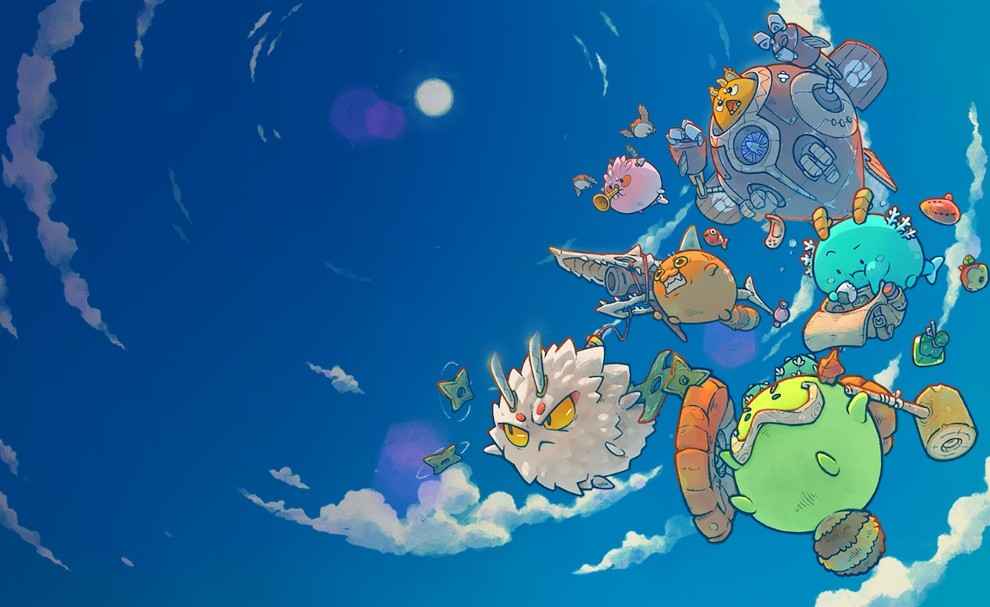
Capitalism, now in digital flavors


